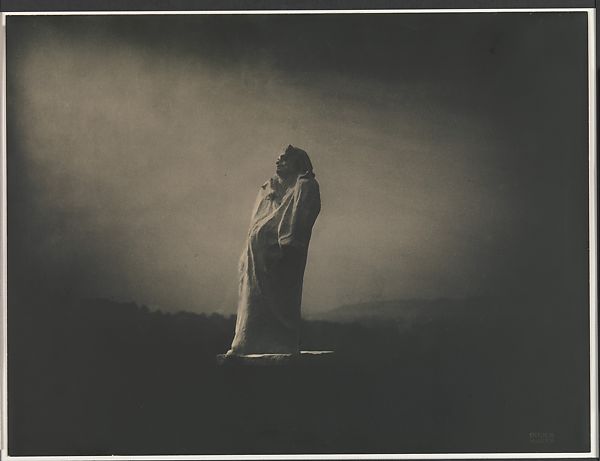
Friday
A New York Review of Books article by Peter Brooks article about Honoré de Balzac has persuaded me to return to the French author. (Thanks to Literary Hub for the alert.) As a French minor in college, I read Eugénie Grandet and Pere Goriot, but I’ve never appreciated Balzac, largely because I was repulsed by his nakedly materialistic characters. Their obsession with money made me feel grubby.
Brooks makes me realize I was blaming the mirror for the reality it reflected—a mirror comprised of 2,472 individual characters:
Oscar Wilde noted in one of his truest paradoxes that the 19th century as we know it is largely Balzac’s invention. The invention takes the form of a remarkable set of life stories that marshal the dynamic forces of a new era, its entrepreneurs, bankers, inventors, industrialists, poets, artists, bohemians of both sexes, journalists, aristocrats, politicians, doctors, musicians, detectives, actors and actresses, moneylenders, peasants, professors, prostitutes—the list extends to cover all social spheres and all careers in a world where the assigned identities of the Ancien régime have given way to an uncertain new order where everything seems to be up for grabs, if you can find some way to get the money you need to acquire things, name, reputation, fortune.
Balzac was apparently was conservative who shared my own revulsion with materialism. Despite his distaste, however, he was fascinated by the emerging order:
Balzac proclaimed himself a political conservative in reaction to an era of unregulated change, in which the individual ego seemed to have become the sole measure of things. His nostalgia for a past organic society where people knew their place and social rank was evident in dress and manner is matched by his fascination with the new possibilities for each individual to forge a unique destiny. The growing city of Paris, the increase in social mobility, and the ambitions unleashed by capitalism and nascent democracy all called for a new semiotics of modern life, new ways to read who people are, what their clothes and accessories and ways of walking and speaking say about where they come from and where they are going. The sum of those invented destinies is The Human Comedy.
Balzac is a great argument for why one shouldn’t apply political touchstones to literature. Max Engels uses Balzac to make this point, preferring him to the left-leaning Emile Zola and noting, “I have learned more than from all the professed historians, economists, and statisticians of the period together.” If you want to see the contradictions that will bring down the existing order, Engels said, read Balzac:
Well, Balzac was politically a Legitimist; his great work is a constant elegy on the inevitable decay of good society, his sympathies are all with the class doomed to extinction. But for all that his satire is never keener, his irony never bitterer, than when he sets in motion the very men and women with whom he sympathizes most deeply – the nobles. And the only men of whom he always speaks with undisguised admiration, are his bitterest political antagonists, the republican heroes of the Cloître Saint-Méry, the men, who at that time (1830-6) were indeed the representatives of the popular masses. That Balzac thus was compelled to go against his own class sympathies and political prejudices, that he saw the necessity of the downfall of his favorite nobles, and described them as people deserving no better fate; and that he saw the real men of the future where, for the time being, they alone were to be found – that I consider one of the greatest triumphs of Realism, and one of the grandest features in old Balzac.
Brooks echoes Engels here. By setting his fiction in 1920s France–which is to say, during the restoration of the monarchy following Napoleon’s fall–he achieved a “retrospective view of society” that
allowed him to become the first writer truly to seize the meaning of the emergent modern world, its nascent capitalism, its valuation of money above all else, its competition for social and political prominence, promoting the individual above social cohesion. He saw also the new importance of the city as provincials streamed to it, either to work in bottom-level jobs and become the urban proletariat or, like his ambitious young men (and some women also), to seek to conquer and to dominate the social order.
Balzac’s focus on these energies, Brooks believes, resembles post-modernism’s fascination with our own highly diverse and globalized world. “[I]f high modernism, in literature as in architecture, preferred a certain pared-down formalism,” he writes, “the reaction against such austerity brought a new appreciation for the excessive and melodramatic dimensions of Balzac’s mode of representation.” Even if we no longer feel that we have time for Balzac’s voluminous writings, the television serial
is nothing if not Balzacian. It is a medium he would have loved to master given the chance. And indeed, adaptations of Balzac for both film and television are myriad.
A couple of years ago I read Gobseck and was impressed at how well it captures a figure like Donald Trump. More recently I started Peau de Chagrin but set it aside. It’s time to give it another chance.

